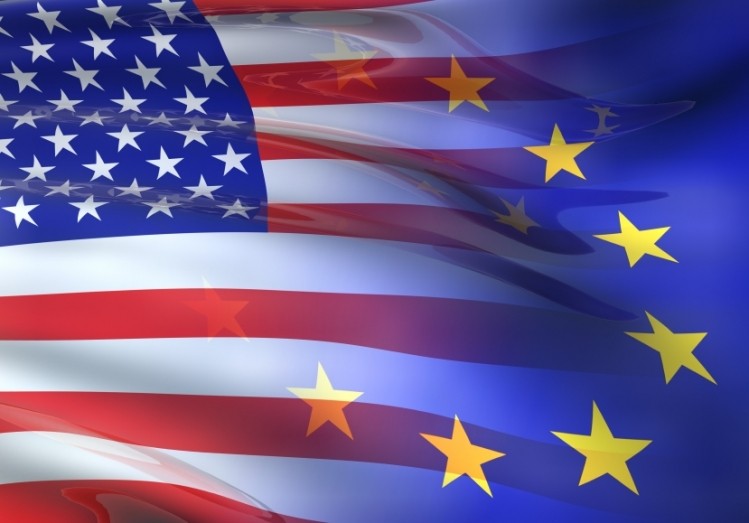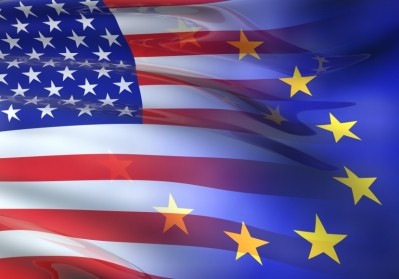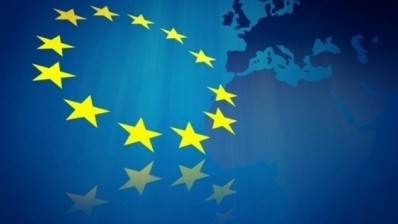Commission has not misled on transatlantic trade impact, says letter to lobbyists

In his letter to Friends of the Earth Europe (FOE Europe) and the European Consumer Organisation (BEUC) dated August but received today, Karel De Guch said the commission had not intended to mislead, and on some of the points denied this was the result.
Nonetheless he said the Commission would endeavour to be clearer communicating job-creation statistics and time lines for impacts. He also conceded that it could do better to translate technical trade and negotiation jargon into everyday terms.
The correspondence comes as a response to a joint letter from the two groups back in May, which suggested the commission had taken the top end of economic estimates from a Centre for European Policy Research (CEPR) study it had commissioned.
Natacha Cingotti, a campaigner for FOE Europe’s economic justice team, told FoodNavigator the organisation was “not exactly satisfied” with the response she said was “really defensive” in tone.
TTIP negotiations between the US and European Union started in July last year, and if successful would be the largest bilateral trade deal of its kind. According to “ambitious” forecasts questioned by the group, EU gross domestic product (GDP) could increase by €68-119bn for the EU and €50-95bn for the US.
In this latest exchange the trade commissioner said he welcomed public debate around the negotiations, but warned that these must “be based on facts, not fear or hyperbole”.
Jargon-heavy communication muddies waters
The organisations said the Commission was bound by the European Code of Good Administrative Behaviour to “be impartial, open-minded, guided by evidence, and willing to hear different viewpoints. They should be ready to acknowledge and correct mistakes”.
De Guch rejected the assertion that the Commission had intended to use “obfuscating” language.
However he admitted: “It is true that many areas of trade policy are technical, and our economic and negotiating jargon may not always be sufficiently adapted to each and every audience.
“We need to find the right balance between communicating the full details and communicating in a way non-experts can understand.”
Number crunching
The lobby duo said the commission had been unclear, or at worst exaggerated the economic impacts of the deal including how many new jobs it was likely to create. Within this it said it had failed to state that the effects would not be felt immediately.
The commissioner said it had drawn attention to the fact that projections ran up to 2027. However he added that “this did not mean that no benefit will be felt before 2027”. He gave the example of 2011’s EU-South Korea free trade agreement, which saw a 24% (€7bn) increase in EU exports to South Korea by the second half of that year.
On the figures themselves, the NGOs said the Commission had contradicted itself – citing the CEPR study of 400,000 new jobs across Europe in some cases then stating “millions” in a speech made by De Guch last year.
The commissioner denied any contradiction, saying the research had considered not only the amount of new jobs, but also “potential movement of jobs and changes in wages”.
He added that his speech was “framed as a probability rather than a certainty”.
Responding to the letter, FOE Europe’s Cingotti said communication when promoting trade arrangements “needed to be sure, it cannot be based on probabilities”. She said it was not their intention to accuse the Commission of “systematically lying”, as she believed the point-by-point response suggested, but instead as society organisations it was their duty to draw attention where they saw fit.
She said the pair had not yet decided whether they would be responding to the commissioner’s letter, but said: “What is sure is that we will keep raising questions where we see confusing communication and contradictory statements.”


















